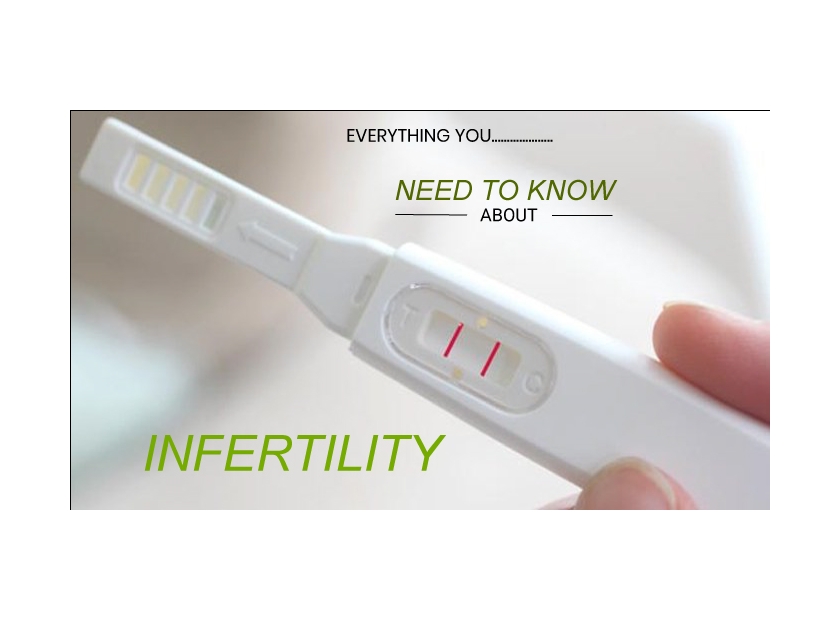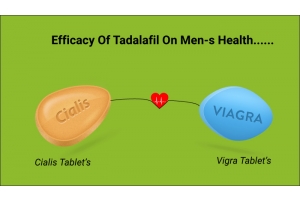Are you suffering from infertility? The Reason May Be Within Your Home!
According to reports, about 7.3 million women in the US have trouble becoming pregnant or maintaining their pregnancy.
It is not as easy as the media portrays it to be.
For about 10% of the couples who fail to conceive, doctors are at a loss trying to identify the cause for the same.
Interestingly, and if I may add, shockingly enough, some experts suspect that it can be attributed to environmental contaminants, which are very much there all around us at home.
The following are some of the daily household items that can make you infertile by causing erectile dysfunction and other sexual problems:
Solvents:
Paints, varnishes, thinners, stains, resins, rubbers, lubricants, dyes, detergents, insulation, inks, films, cosmetics, cleaning products, spot removers, fingernail polish, and such similar things usually contain specific chemical conveyors that can disrupt a woman’s normal menstrual cycle or cause a miscarriage.
Likewise, they also have an adverse impact on the quality of semen.Hence, make sure that you do not use them more than required.
Link with infertility: In a study of 199 men who had erectile dysfunction, it was evaluated by researchers that solvents are a high-risk factor. [1]
Couches and carpets: The cushions in our sofas and car seats as well as in carpet padding and the casings of several electronic devices contain flame retardants. [2]They are also found in our bloodstream.
Link with infertility: These chemicals can lead to sperm damage.A recent study has revealed that women with high levels of flame-retardant compounds known as polybrominated diphenyl ethers (PBDE) intheir bloodstream took longer to get pregnant than women with lower levels- up to 50% longer in cases of high levels.
Soaps:
It has been found that triclosan, a chemical in antibacterial soaps, shampoos, and specific toothpaste, can integer with your reproductive ability. [3]
Though it is designed to safeguard us against infections, they can end up posing a risk to our fertility.
Link with infertility: These antibacterial soaps may affect your ability to achieve or maintain an erection.
Many kinds of research have indicated that triclosan can potentially affect hormone functioning in the human body, including testosterone.
Since testosterone is the primary male sex hormone, its inadequate secretion can lead to lower sex drive, shrinking testes, abnormal sperm production as well as erectile dysfunction.
Hard plastics:
A chemical found in hard, clear plastic, known as Bisphenol-A is used things like baby bottles and food packaging. [4]
Link with infertility: It is alarming to note that this increases the risk of erectile dysfunction and other sexual problems in male factory workers who are exposed to large amounts of this substance.
This has been brought to light by several studies and reports.
The workers who were exposed to BPA for a considerable period also reported higher rates of low sex drive and lower overall satisfaction with their sex lives.
It was also found that amongst the men who work with BPA, the risk of having difficulty in ejaculating was seven times greater as compared to the non-exposed group, while the risk of erectile problems was four times higher.
Flexible plastics:
Phthalates is a substance that makes PVC and other plastics more flexible.
Though this little secret sauce is being phased out of many products, they are still very much present in almost every other household in the form of nail polish, vinyl shower curtains, vinyl floor tiles, adhesives, building materials, plastic, and even sex toys.
Link with infertility: They are intricately associated with low sperm count and damaged DNA in sperm, amongst men.
What’s more, scientists believe that as far as women are concerned, phthalates are linked to endometriosis, a condition that disrupts the menstrual cycle and can affect conception.
To prevent such grave conditions, avoid buying products made with soft PVC, use glass instead of plastic in the microwave, and when it comes to hot food and drinks, use, glass or stainless steel. [5]
Phthalates can be termed as endocrine system disruptors known to cause infertility, reduced testosterone levels, and also the abnormal development of the male reproductive system while in the uterus. No wonder it can also bring about erectile dysfunction as a side effect.








